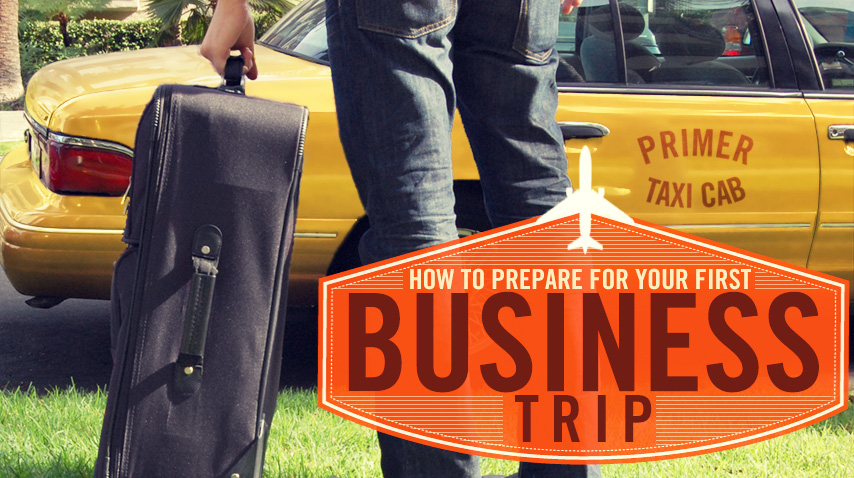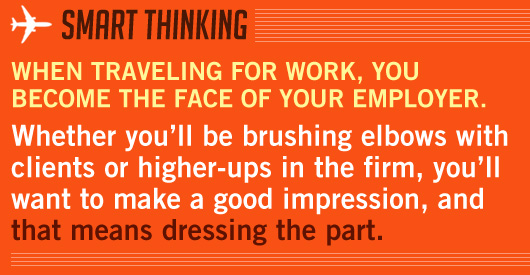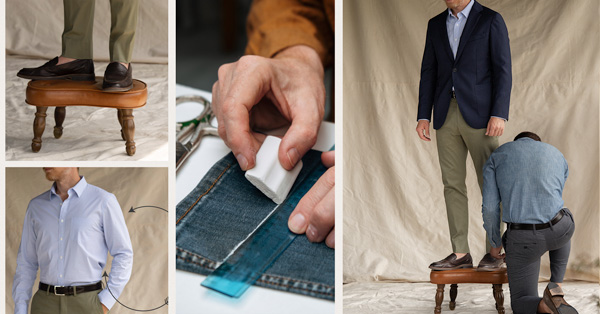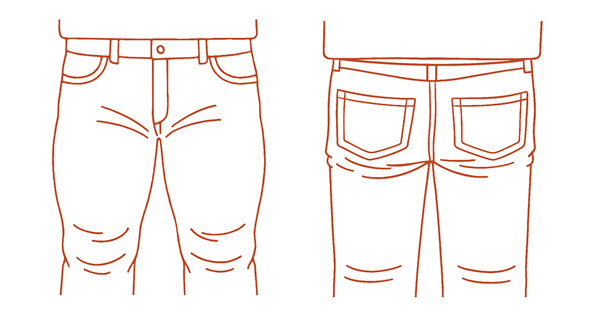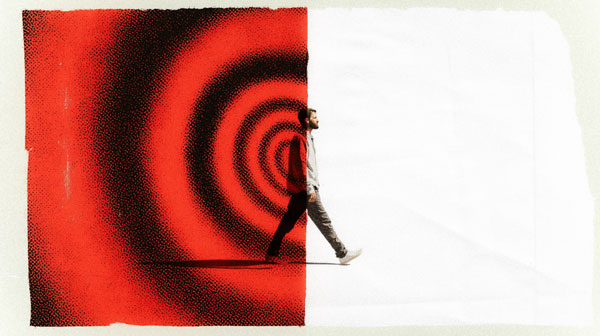You’re doing great. In fact, you’re killing it. You earned your degree, you landed a job, and you’re ready to start climbing the corporate ladder. You’re doing so well that your boss has asked you to go on a business trip. The problem is, you’ve never been on a business trip and you don’t know what to expect.
Maybe you haven’t done much traveling. Maybe you have to give a big presentation, or meet with an important client. You’re nervous. It’s understandable.
Here’s a list of tips that will help you get through your first business trip like a pro. You’re in good hands.
Before You Leave
Benjamin Franklin once said, “By failing to prepare, you are preparing to fail.” He must have gone on a lot of business trips, because he was dead on. Preparation is the key to successful travel, and most of that preparation happens before you step out your front door.
Make a packing checklist.
Being away from home means not having access to everything you’re accustomed to, so do some serious brainstorming in the days before your trip. Write down everything you’ll need to bring, including clothes, toiletries, and anything from the office you’ll need for work. You don’t want to arrive at your important meeting and realize that the file you need is 500 miles away.
Avoid checking luggage.
Sure, a giant suitcase lets you pack more, but dragging heavy luggage through a strange city is a nightmare. For most business trips, all you’ll need is a rolling carry-on and a shoulder bag. You can even pack a suit in a carry-on if you fold it carefully. The fewer items you have to lug around while traveling, the better.
Dress for the job you want.
When traveling for work, you become the face of your employer. Whether you’ll be brushing elbows with clients or higher-ups in the firm, you’ll want to make a good impression, and that means dressing the part. Unless your company has a dress policy for business trips, plan to dress at least as well as you do at the office–and possibly better.
Bring comfortable shoes.
Traveling by air might be called “flying,” but it requires a surprising amount of walking. Which means it’s important to take care of your feet. Your shoes should look nice, but they should be comfortable enough that you won’t get blisters walking through airports, convention centers, or city streets.
Bring business cards.
It’s important to make good connections when you meet people for work. Handing off a business card when you part ways is an expected courtesy. If you don’t have business cards yet, ask your boss or department secretary if they can order you some before you leave.
Bring a notepad.
Whether you’re traveling for a meeting or a convention, you’ll have to take notes. Typing notes on a laptop or smartphone while someone is talking to you is rude. Be old fashioned and use a notepad instead.
Keep a list of important information on you at all times.
The list should include your flight schedule, your hotel’s name and address, and your business appointments. When you park at the airport, add where you parked to the list as well. Keep this information in a note-taking app on your phone or on a piece of paper in your wallet. On a business trip, this list is your life, so treat it accordingly.
Give a copy of your itinerary to someone trustworthy at home.
Life goes on while you’re on the road, so it’s important that your friends and family know where you are in case of an emergency. Send your flight and hotel information to your girlfriend, parents, or a responsible roommate.
Arrive at the airport early.
No one will blame you if your flight is cancelled, but if you miss your plane because you slept in? That’s embarrassing, and it might even get you in trouble. Bring some reading material to pass the time, and go to the airport early.
If you’ll travel often, keep a fully-stocked toiletries bag.
Remembering to pack your shaving cream, ChapStick, and contact solution is a hassle. If you travel more than once a year, you’re better off buying travel-sized bottles of your necessities and keeping them ready for when you go out of town. Remember to put the liquids in a separate zip-top bag to go through security.
Once You Arrive
Congratulations, you’ve made it to your destination! Believe it or not, that was the easy part. You’re here to work, so now it’s your time to shine. Here’s how.
Hang up your clothes.
Suitcases are good at transporting your clothes, but they’re even better at wrinkling them. The first thing you should do when you reach your hotel room is hang up your clothes. If your clothes are wrinkled and you have some time, use the iron and ironing board in your room to get them back in good shape.
You know what's worse than not making the meeting because your flight was delayed? Not making the meeting because you missed your flight. Get to the airport with plenty of time to spare.
Eat cheap.
If you’re dining alone, look for somewhere you can get reasonably priced fare. Five-star restaurants are great for entertaining clients, but your employer will appreciate it if you don’t blow a bundle of their cash whenever meal time rolls around.
Brush up on your small talk skills.
Traveling for work almost always involves meeting important people, which means you’ll have to engage in small talk. Extroverts won’t have much trouble here, but introverts may need to push themselves to socialize. The more people you impress, the better your chances of moving up in the company. For tips on small talk, click here.
Don’t drink too much.
Booze is often available in limitless quantities at business events. It may be hard to resist, but it’s important that you don’t over-indulge. Even if your coworkers are pounding them back, you should stick to one or two drinks per night. Nurse a beer or keep the refills coming on your Coke. Once again, remember that you represent your company when you travel for work. No one wants to do business with someone who vomits on the waitress and passes out in the lobby.
Hold on to your receipts.
Most companies will reimburse you for expenses while you’re on the road. Maybe you have a company credit card or a daily expense allotment (called a “per diem”). Either way, you’ll usually need to save your receipts from restaurants, hotels, and taxi rides. Keep in mind that not everyone offers receipts, so you might have to ask (this is particularly important in taxis).
Have fun!
Your first business trip may seem daunting, but it’s also important to enjoy yourself. If there’s room in your schedule, take some time to see the city, meet up with a friend, or just relax in a coffee shop. You’re young, you’re gainfully employed, and you’re visiting new places. This is what success looks like–enjoy it.



